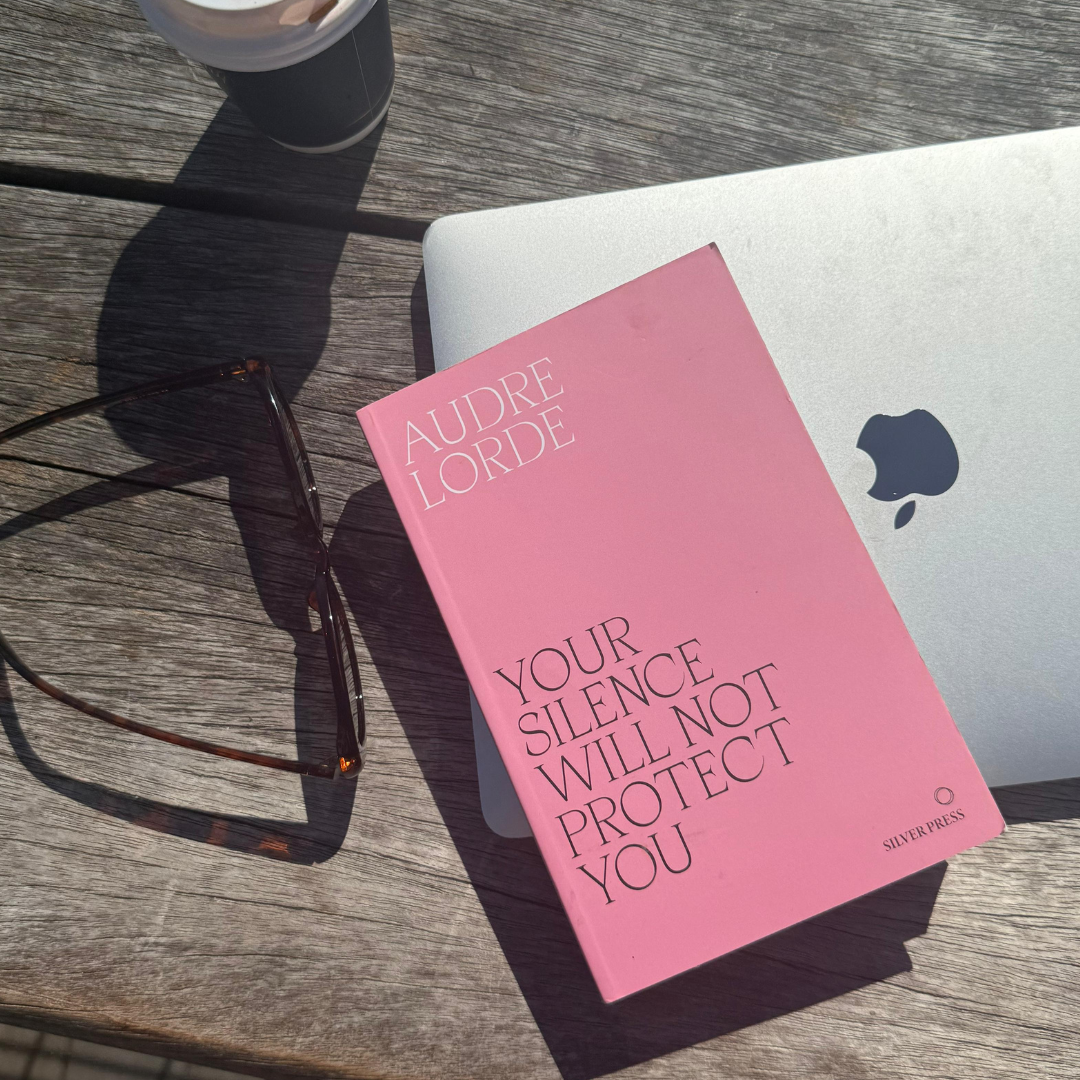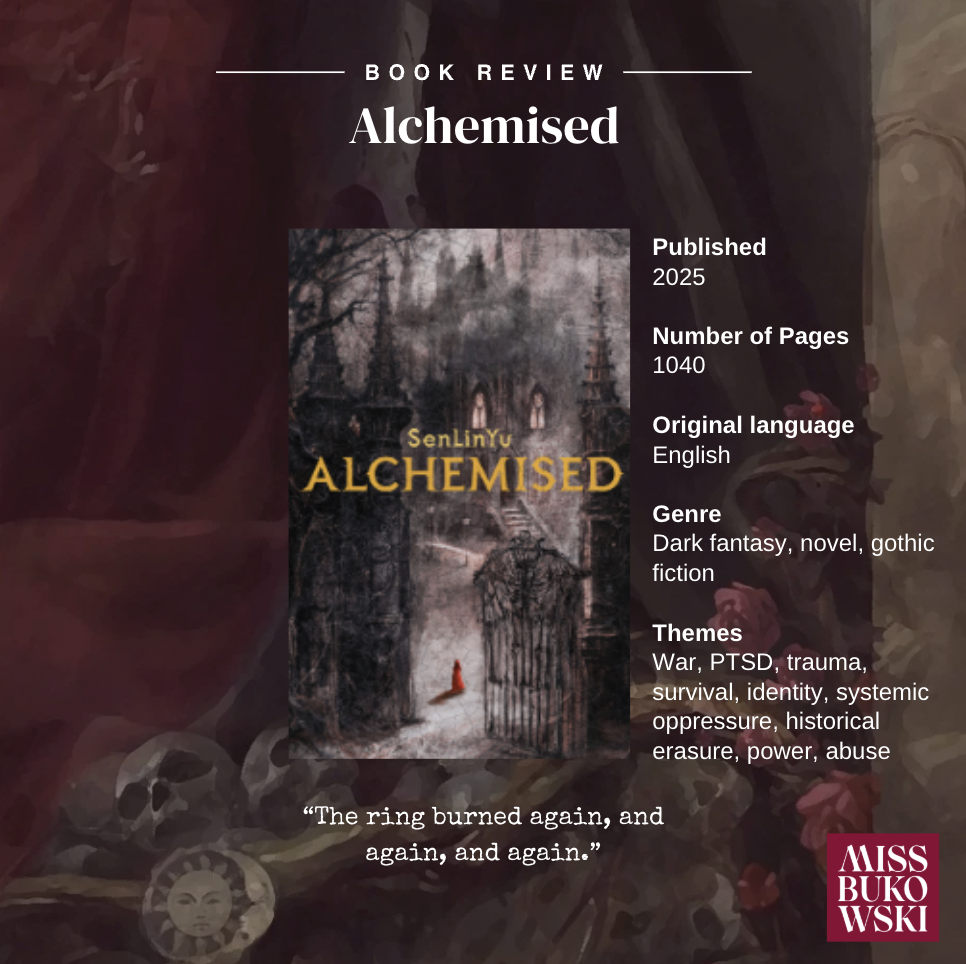It is no surprise Camus’ last full novel is drenched in philosophical tones, but the first-person narrative makes it all feel like you’re having a conversation with someone at a bar, and the conversation got super profound. We’ve all had those late-night, heartstring-pulling, life-altering conversations with strangers, right?
The Facts
- Published: 1956
- Original title: La Chute
- Original language: French
- Genre: Philosophical novel
- Number of pages: 147
The Gist
The Fall is narrated by Jean-Baptiste Clamence, a lawyer of sorts who relates his story while sititng at a bar called Mexico City, located in the Red Lights district of Amsterdam. He tells you, the reader, how he used to live in Paris and how his fall from grace came to happen. The novel takes about five days and has no obvious conclusion, just many philosophical musings that anyone can easily get lost in. While the book may be a labyrinthic journey, there are three scenes that hold The Fall's structure as a novel and will serve as our pillars:
- One night, when Clamence was walking home from another successful work day, he witnessed a woman throwing herself off a bridge, yet he refused to turn around and help her as he knew this would become a complication for him. He doesn't tell anyone, doesn't seek for help, and continues walking home as if nothing had happened.
- Several years later, while walking home after a particularly good day at work, Clamence hears laughter behind him while walking past Ponts des Arts. The laughter wasn't directed at him, yet he becomes alarmed because he thought it came from the water, which reminded him of the woman who drowned herself years before. The laugh is described as robust, hearty, almost friendly, whereas Clamence had just described himself as someone who possesses a "good, hearty badger." This adds another layer of complexity to the story: did the laugh come from somewhere outside, or did he laugh at his own hypocrisy?
- The third incident marks Clamence's crisis and downfall: While waiting at a stoplight, Clamence finds himself right behind a motorcycle that doesn't seem to advance in traffic. After asking the motorcyclist several times to move, Clamence and the motorcyclist engage in physical violence in front of a large crowd. Clamence loses the fight, the motorcyclist speeds away, and Clamence is utterly humiliated.
The Analysis
The Fall is the first person confession of Jean-Baptiste Clamence, a judge-penitent (technically a lawyer) who engages in a conversation with a stranger at a bar called Mexico City, and confesses the beginning, middle and end of his "fall" from grace. He is the only one with an active role in this novel, reason why The Fall is, essentially, a monologue. The reader fills the role of the Other, the listener, the fellow Frenchman who Clamence confesses his life to and reflects on the hypocrisy he embodied while trying to be a role-model citizen (something every member of an established society attempts to do). Jean-Baptiste has many roles in this novel, depending on the scholar you ask: firstly, the name Jean-Baptiste translates into John the Baptist, who was a Christian figure who baptized people and "washed" away their sins. Jean-Baptiste, on the contrary, held other people against their sins and acted as a kind of judge while working as a lawyer. Moreover, in the Amsterdam bar where Clamence and the listener begin their conversation, Clamence makes a comment about the painting sitting at the back of the bar, called The Just Judges by Jan Van Eyck. In this (stolen) painting (which exists in real life) John the Baptist appears in the right central panel with his finger pointed up at God. Jean-Baptiste mentions in one of his several ramblings:
"When all is said and done, that’s really what I am, having taken refuge in a desert of stones, fogs, and stagnant waters – an empty prophet for shabby times, Elijah without a messiah, choked with fever and alcohol, my back up against this moldy door, my finger raised toward a threatening sky, showering imprecations on lawless men who cannot endure any judgment."
While John the Baptist had his finger raised towards God, Jean-Baptiste was pointing at a threatening, empty sky: God is no longer with us, and there is no one to judge us but ourselves. Jean-Baptiste is the modern disciple our times have breeded, one who is hypocritical and judges the sins he himself gleefully commits.
Another role is that of Virgil, the man who guides Dante into Hell and Purgatory in Dante Alighieri's The Inferno. Prior to his life crisis, Clamence saw himself as a “selfless advocate for the weak and unfortunate,” and as someone deeply moral with a high social standing. He lived in Paris, had a decent financial situation, and was well-respected amongst his fellows. After his crisis, he lives in Amsterdam, which is made up of ring canals; he does not hold any kind of professional or social position, and he spends all his time on the murkier side the city. In fact, Mexico City (the bar) is located "in the last circle" of Amsterdam, meaning the Red Lights Distric which Clamence frequents nightly. The setting thus serves as a way to mirror Dante's Inferno, where Clamence (Virgil) guides the reader (Dante) through every circle of Hell after his fall from Eden (Paris).
As a lawyer, Clamence would go out of his way to aid vulnerable people with cases that would make him look good, such as widows and orphans, and while his actions reflected a good, generous heart, Clamence actually despises everyone around him and only helps/loves himself. Throughour the book, he criticizes the actions of those around him while holding himself to a higher standard, showing his duplicity in the way he explains his views about life, freedom, love, meaninglessness, and human existence. On the surface, he appears as a man who lives for the sake of others, but the reality is that Clamence only chased after personal glory, and would've killed anyone to receive compliments for his actions. In this way, Jean-Baptiste plays the role of judge and judged, which brings us to the question of "What the hell is a judge-penitent?"
A judge-penitent is someone who condemns both himself and other, by regretting actions while also understanding them. He confesses his own sins (penitent) while condemning others (judge). Cool? Cool.
Now, his confession exposes a deep sense of a frustration in humanity, and how people often strive to look and act perfect when, in reality, humans are deeply flawed creatures, and our flaws are the very center of our nature. This book focuses a lot on responsibility and how we often try to avoid the consequences of our actions (remember Camus’ Bad Faith?), and how the ultimate punishment is to be judged, not to be punished. Because Clamence held himself to the highest standards, the fall was much harder for him because he concludes (after hearing the laugh in Ponts des Arts for the first time) that his true self has nothing to do with his ideal self. His actions crash against his morals, and it's because he held himself to such high standards (almost God-like standards) that he can't see the meaning in anything anymore. In fact, he has been playing a God-like role throughout the book: he gives you (the person listening/reading him) a name, he determines how old you are, what you look like, where you're from, etc. He's established that there is no God as there is no innocence, so we need someone else to take his spot, right? Now, because he's his own God, and his own God isn't a moral entity but a hypocrite, life has become Absurd. Nothing makes sense except that sound of laughter that keeps chasing after him, which can also be interpreted as his own guilt.
This idea brings us to Absurdism, Camus' baby and the center of his life's work: Absurdism is a philosophical theory that depicts our world/reality as something that doesn't have meaning nor a higher purpose. Life has no reason, no meaning, no rationale (an idea shared with nihilism) so there is no point in doing absolutely anything. We've seen characters who, after reaching this point where life is completely absurd, they commit acts that are irreversible and morally incorrect. Two good examples of this are Mersault in Camus' The Stranger, and K in Franz Kafka's The Trial. In my head, absurdism feels like when you listen to white noise for 2 hours while trapped in a room with no doors/windows.
Clamence later explains how, after the incident with the woman, the sound of laughter began following him until it drove him crazy. This laughter, described as feminine and mocking, can only be heard by him in the moments when he acts in “bad faith.” To act in bad faith is to say one is acting dishonestly, and that one's doing something that is not true to their identity. His actions reflect the very things he considers to be in opposition to his and society's values, reason why we see his guilt materialize in the sound of a female laugh.
This book's meant to be read more than once; like a toxic relationship you often come back to because each and every time you find something different, The Fall gains complexity the more you question each and every one of Jean-Baptiste Clamence's words. In his euology for camus, Jean-Paul Sartre called the novel the most beautiful and the least understood" of Camus' books for a very good reason.
The Themes
- Judgement (+ self-judgement)
- Guilt (+ unconditional guilt)
- Blame
- Innocence
- Morality
- Absurdity
- Truth
- Religion
- Hypocrisy
- Sin
- Bad faith
The Motifs
- Laughter
- The black spot in the water floating in the distance
- Water
- The Just Judges by Jan Van Eyck
- The circles of Amsterdam
Metaphors and similes
- Amsterdam’s concentric canals resembling Dante’s circles of Hell
- Female laughter embodying guilt
- Clamence's role as judge-penitent
The Author
Born in Algiers, Albert Camus was a philosopher and writer who belonged to the same group of intellectuals of Sartre, Beauvoir, Picasso, etc. He firmly stated he did not belong to the existentialist line of philosophy while most of his works expressed existentialist ideas. His zodiac signs are sun Scorpio, moon Aquarius, and asc. Virgo.










